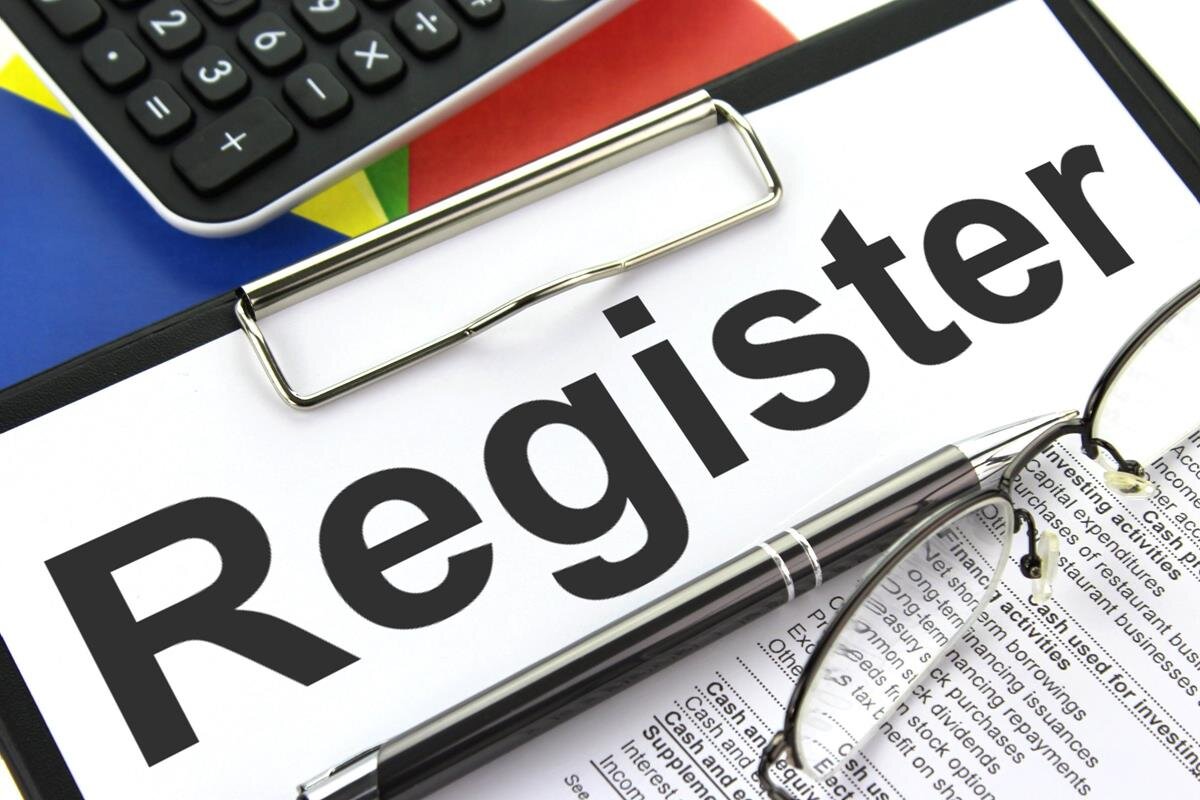Explore Small Business Finance Topics
Discover our most popular topics for Canadian solopreneurs and small business owners. From income tax and GST/HST to QuickBooks tutorials and managing your business finances, these guides are designed to help you move from financial uncertainty to financial confidence.
Click on any topic and scroll down to see related articles.
📑Canadian Income Tax
Guidance on filing and planning your Canadian taxes, from T1 and T2 returns to instalments
📊Managing Business Finances
From cash flow to pricing and metrics — learn to manage your business finances with confidence.
🏢 Canadian Business Structure
Should you incorporate? Stay informed on sole proprietorships, corporations, and registrations.
💰 GST/HST & QST
Understand how to register, file, and maximize input tax credits while avoiding common mistakes.
🧾 Guides and Tutorials
Practical accounting processes like reconciliations, journal entries, and reporting.
📝 Deductions & Expenses
Learn which expenses are CRA deductible and how to track them for maximum tax savings.
Quebec Taxes & Business
QST, Revenu Québec filings, Quebec payroll, and provincial rules every entrepreneur should know.
👤 Paying Yourself
Salary vs dividends, management fees, and how to pay yourself from your corporation or small business.
💻 QuickBooks Online & Tools
Tutorials, guides and time-saving tips for using QuickBooks Online effectively.
🏦 Money & Personal Finance
Personal finance strategies for entrepreneurs, from RRSPs to saving for taxes.

Should you register for GST/HST and QST and What it Means to Be Zero Rated
When starting your new Canadian small business or launching into self employment, it is essential to determine whether you are required to register for GST/HST (and QST if you have a started a business in Quebec). The simple answer is that if you anticipate that your annual gross revenues (total sales) are going to exceed $30,000 and your products or services do not qualify as Exempt or Zero rated (explained below) , then you are required to register for GST/HST and collect sales taxes from your Canadian customers and clients.
The $30,000 limit applies to the last 4 quarters of revenues. If you decide not to register for sales tax upon the inception of your business/self employment, then you must monitor your sales revenues over a rolling 4 quarter period and register once you get close to this amount.

Should You Incorporate Your Rental Property
For anyone looking to build wealth, achieve financial independence and/or retire early , it is important to build sources of passive income i.e. streams of income that are generated month to month without having to actively work for them. One of the most popular methods of building passive income is to purchase a property that generates rental income. If done correctly and with some luck, the return on investments (ROI) , which is composed of both rental income and appreciation in the value of the property, can significantly improve your net worth.
An important decisions when purchasing a rental property is whether you should own the property in your own name or purchase it through a corporation. The right decision depends on a variety of factors.

Essentials for Starting Your Sole Proprietorship
According to Canada Revenue Agency (CRA), the definition of a sole proprietorship is as follows:
A sole proprietorship is an unincorporated business that is owned by one individual. It is the simplest kind of business structure. The owner of a sole proprietorship has sole responsibility for making decisions, receives all the profits, claims all losses, and does not have separate legal status from the business. If you are a sole proprietor, you also assume all the risks of the business. The risks extend even to your personal property and assets.
The simple answer is that if you are selling any type of product or service, on an ongoing basis, and you are not employed by another organization where you receive an employment income slip such as a T4, you essentially have a business. If this business in not incorporated or part of a partnership with one or more individuals, then you are a sole proprietorship.

Pros and Cons of Incorporating your small business
The decision to incorporate can be a difficult one that many small businesses face at some point in their lifetime and . Incorporation, literally, represents the creation of a new person. Whereas a sole proprietorship is an extension of one's self, a corporation takes on a life of it's own; it can give birth to subsidiary, marry via a merger and die with a dissolution. It has to file it's own tax return, can be sued and has a set of rules that govern it's existence. Below are some of the points to consider when deciding whether to incorporate:

10 Tax Facts that every corporation Owner should Know

Why you should register for CRA and RQ My Business Account (and how to do it)
With all data moving to the cloud these days and ubiquitous online access to banking, customer and supplier portals, it makes sense that Revenue Canada (CRA) and Revenue Quebec (RQ) have followed suit. Considerable resources have been spent by the revenue agencies on developing their online portals and encouraging both individual taxpayers and businesses to move the majority of their tax related interactions online (almost every accountant conference has an appearance by a CRA representative talking about the improvements to their online portal and imploring accountants to convince their clients to make the switch). The upfront investment has resulted in significant cost savings for CRA/RQ (postage costs alone have dropped dramatically) while improving accuracy and perhaps most importantly increasing the effectiveness of tax collection efforts. CRA personnel have been able to move away from verifying calculations and manually reviewing tax returns to more value added analysis which has allowed them to identify tax miscreants with higher accuracy.
For both the individual taxpayer and small business owner there are numerous benefits to registering online:

Nine Steps to Starting your Small Business
Starting a small business is a fairly simple process. If you are using your own given name, all you really need is a product or service that people want to a buy. Maintaining a business that is successful and meets your long term goals can be a little more difficult. In our current technological age of AI, online apps for pretty much anything and cloud computing, the tools and apps that can help you succeed are numerous to the point where they can be a bit overwhelming. You are a Google search away from being bombarded with search results, many pages deep, that provide insight, tips, tricks, mistakes and guidance on how to run a business. The difficulty arises when you have to implement them, since every small business owner’s circumstances and business goals are unique. Additionally most business owners, particularly in the startup stages, have tight budgets. With that in mind, below are the steps businesses should follow when they are first getting off the ground:

Should you Register or Incorporate Your Small Business?
When embarking on a new business venture one of the first decisions that has to be made is the type of legal structure best suits the needs of the new business. In Canada there are essentially two choices - business registration (sole proprietorship or partnership/unincorporated entity) or incorporation. Like many small business decisions, the answer in not necessarily straightforward and depends on the business owner’s specific set of circumstances:

What Are the Next Steps After Incorporation
Once you have decided to establish a new corporation, there are certain best practices that you should implement to ensure that your corporation runs smoothly right from the beginning. If you are transitioning from a sole proprietorship to a corporation (unincorporated to incorporated entity), there are some additional steps that you need to take. By being proactive, you can turn your mind to your actual business and avoid unpleasant surprises (such as incomprehensible letters from the government and inconvenient deadlines). This article looks at the next steps you need to take after you have incorporated your business.

Financial Roadmap for Employees Transitioning to Self-Employment
Deciding to transition from being an employee to self-employed business owner/freelancer/independent contractor. can be a significant life event. It can certainly be exciting as you relish the thought of greater freedom, flexibility and the ability to exercise your creativity in ways that you cannot when you are an employee. However, there is also a great deal of uncertainty, both professionally and financially. And while you cannot control the outcome, understanding where the uncertainty might come from will help you be much better prepared.

What Unincorporated Small Business Owners Need to Know about Filing Their Taxes
Being a small business owner comes with challenges, not the least of which is doing your taxes. While most Canadian taxpayers have relatively simple tax returns that can easily be completed using software, small business owners have the additional burden of reporting details relating to their businesses. This can seem onerous, but understanding what needs to be done, and when, can significantly help reduce the stress and ensure that the tax filing process is smooth and straightforward.
One of the types of income on which you pay income taxes is what Revenue Canada (CRA) refers to as “income from self-employment” that is essentially the same as income from a small business. If you do have business income, then you are required to declare your business income on a tax return. As an unincorporated small business owner, this business income is reflected on a separate schedule on your personal tax return. The schedule is called a T2125, which is a “statement of business activities” (discussed below) and at minimum requires that you show any income you earned from a business venture. If you have incurred expenses to earn the business income, you may also deduct these from your gross revenues or sales to arrive at net income from business. Unlike a simple personal tax return with no business income, the information that must be reported on a T2125 is generally not simply provided to you on a tax slip, such as a T4 or T5, but must be compiled and calculated.

How to Register your Sole Proprietorship in Each Province
Once you have decided to start a new business and have concluded that the best structure for your business is a Sole Proprietorship, the next step is to determine if you need to register it. If you are using your exact first and last name, and only your exact first and last name, then you are not required to register your business, regardless of which province your are located in. However, if you are using a business name that is anything other than your own name, you are required to register your business in all provinces, with the exception of Newfoundland and Labrador where registration of Sole Proprietorships is not required.

How to Register a Small Business in Quebec
Budding entrepreneurs wanting to setting up a small business (or becoming self employed), either on a full time or part time basis, are often not sure where to start. The process of registering a business in Quebec, depending on your circumstances, can actually be quite straightforward . Below we look at the questions that you need answer to determine your business registration obligations:

Why and How to Transition from a Sole Proprietorship to a Corporation
When starting your new business, often it makes sense to choose the simplest structure which is the sole proprietorship. This allows you to test the viability of your business idea and to see if the lifestyle and the related stress that goes along with being a business owner suits your personality and is in line with your long term goals. Alternatively, you might want to keep everything simple and not add any unnecessary complexity. Registering and maintaining a sole proprietorship is fairly straightforward ; many business owners don’t put much thought into the financial aspects of it until tax time (when the mad scramble ensues). Once you have a corporation, however, the level of complexity and commitment increases

What Independent Contractors Should Know About Personal Service Businesses
Many of you leave your full time jobs to become independent contractors. This could be for a variety of reasons: you might decide you want the freedom that comes with self employment, or your company might decide that they no longer want to maintain employees. In some cases, you are laid off and find another opportunity , but the business only offers contract positions.
This type of situation is particularly applicable to people in the IT industry but can also apply to a variety of other types of skill sets. Often, your client will require that you set up a corporation which then contracts with the client to provide services that are very similar to those you would provide if you were an employee. The corporation then bills your client either directly or through a third-party (often a recruiting agency).
